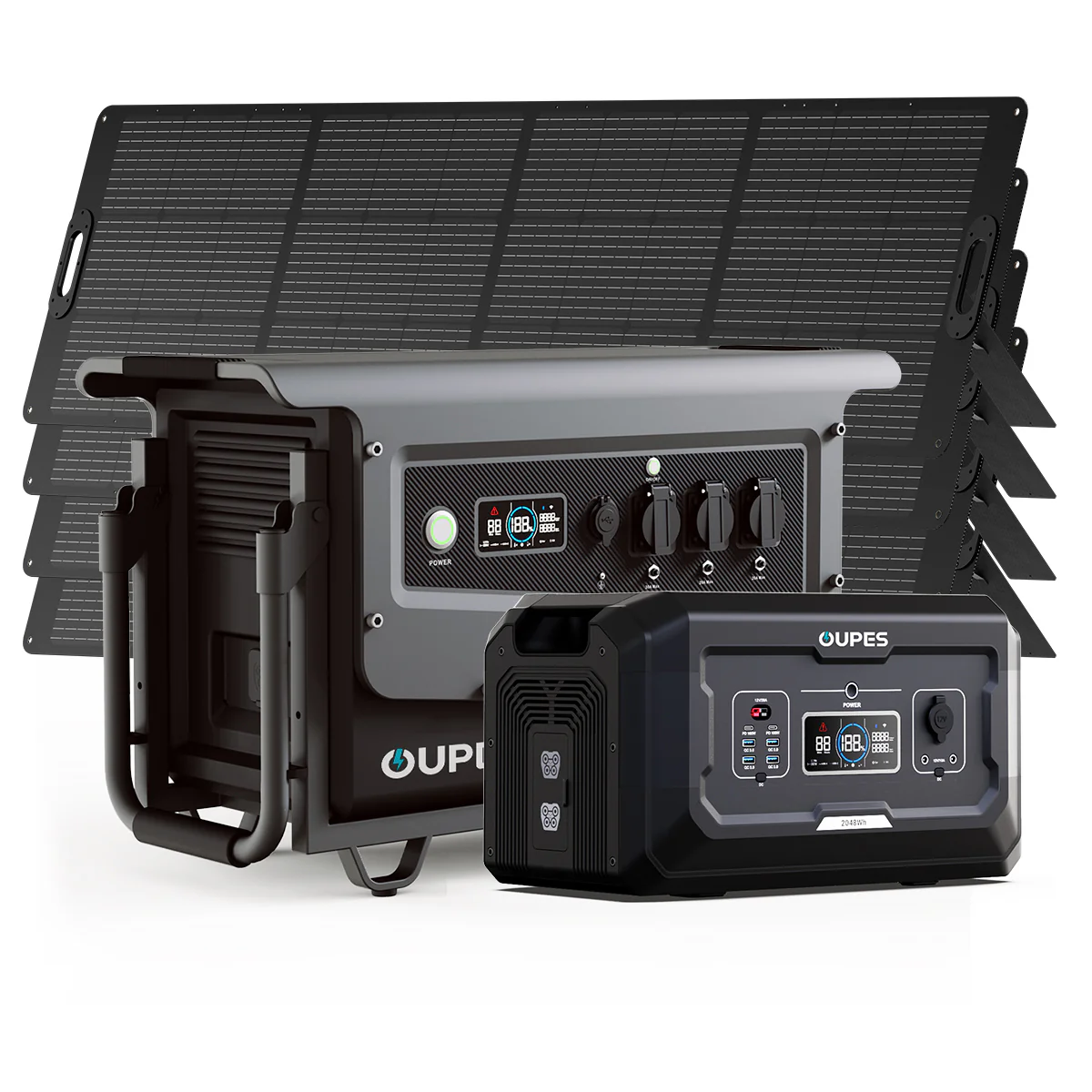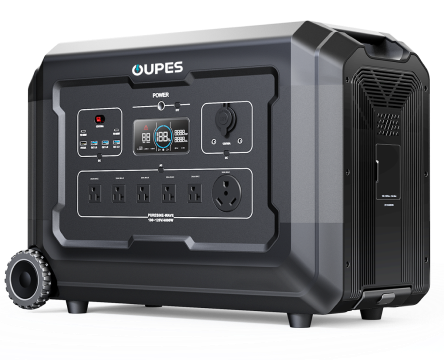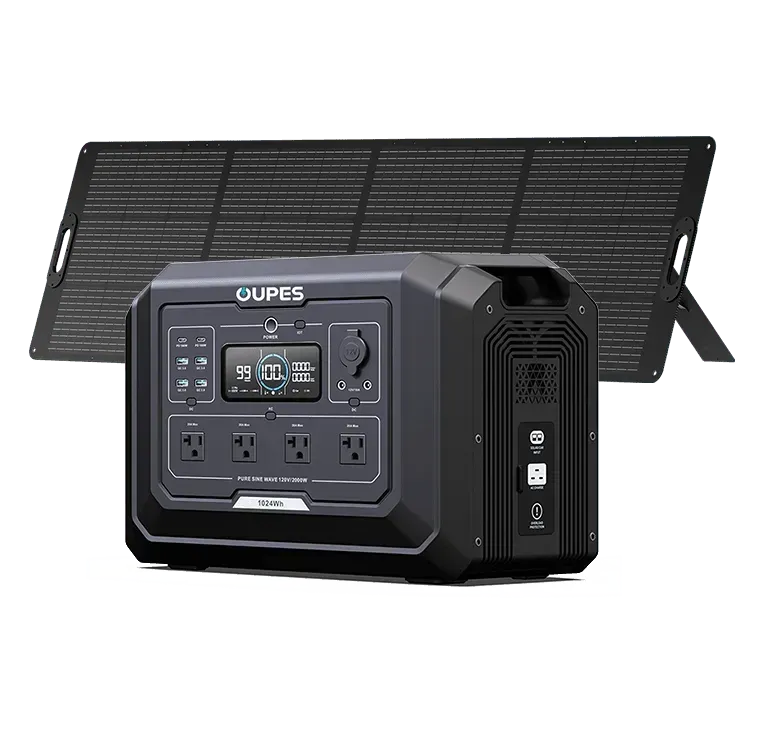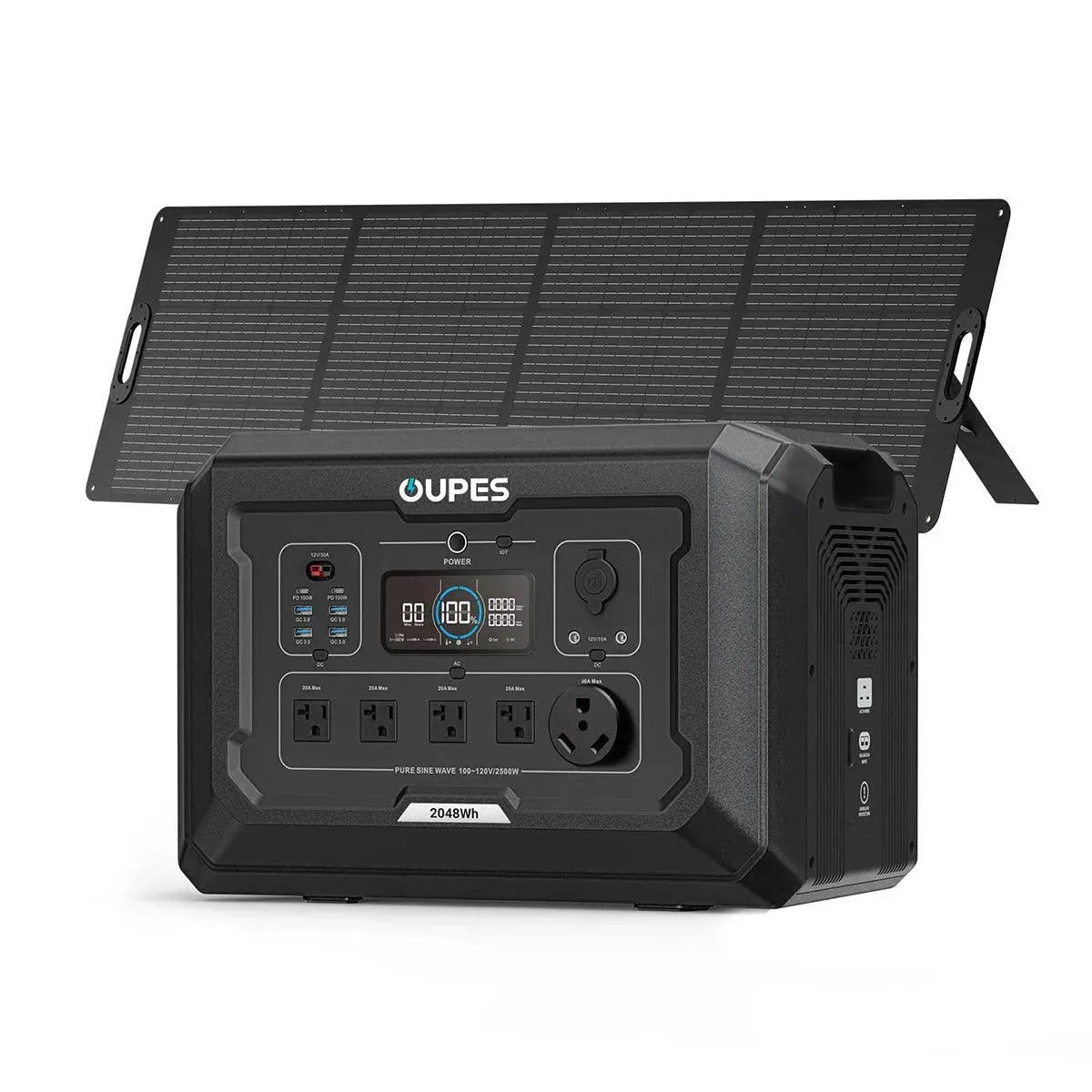
As the world moves towards cleaner and more sustainable energy solutions, solar power has emerged as one of the most promising alternatives to traditional energy sources. Among the innovative solutions leveraging solar energy, solar generators have gained significant attention. These devices not only provide a renewable energy source but also offer a practical, eco-friendly solution for powering devices, especially in remote locations or during power outages. In this article, we will explore what solar generators are, their applications, and how they are changing the way we think about energy consumption.
What is a Solar Generator?
A solar generator is a device that converts solar energy into electrical power. It typically consists of three main components: a solar panel, a battery storage system, and an inverter. The solar panel collects sunlight and converts it into electricity, which is then stored in the battery. The inverter converts the stored DC (direct current) energy into AC (alternating current) energy, which is suitable for powering a wide range of devices, from small electronics to large appliances. Solar generators are often compact, portable, and can be used in a variety of settings.
Applications of Solar Generators
Solar generators are highly versatile and can be used in many different scenarios. Here are some of the key applications:
- Off-Grid Living: For individuals or communities living in remote areas without access to the traditional power grid, solar generators offer a reliable and renewable energy source to power lights, appliances, and communications equipment.
- Emergency Backup: Solar generators are an excellent backup power solution during power outages caused by natural disasters, storms, or grid failures. They provide a clean, renewable source of power to keep essential devices running.
- Outdoor Activities: Whether it's camping, hiking, or tailgating, solar generators allow you to power your devices—such as smartphones, laptops, lights, or small refrigerators—while enjoying outdoor adventures.
- Mobile Power for Vehicles: Solar generators can be used in RVs, boats, or other mobile setups, providing energy for in-vehicle appliances, lighting, and entertainment systems during long trips.
- Solar-Powered Workshops: For professionals who work remotely or in off-grid locations, solar generators offer a sustainable way to power tools, computers, and other equipment in outdoor or mobile workshops.
Advantages of Solar Generators
Solar generators offer a range of benefits that make them an attractive energy solution for a variety of needs. Some key advantages include:
- Renewable and Eco-Friendly: Solar generators run entirely on solar energy, which is a clean, renewable resource. They produce no greenhouse gas emissions, making them a sustainable alternative to fossil fuel-based generators.
- Quiet Operation: Unlike traditional gas-powered generators, solar generators operate silently, making them ideal for use in outdoor settings, residential areas, or during activities that require minimal noise.
- Low Maintenance: Solar generators require very little maintenance compared to fuel-powered generators. There are no moving parts that need regular servicing, and solar panels typically last for many years.
- Cost Savings Over Time: Although the initial investment in a solar generator can be higher than conventional generators, the lack of fuel costs and minimal maintenance expenses can lead to significant savings in the long run.
- Portable and Convenient: Most solar generators are compact, lightweight, and easy to transport. This portability makes them ideal for use in a variety of environments, from outdoor adventures to emergency preparedness.
How to Choose the Right Solar Generator?
When selecting a solar generator, it’s important to consider your specific power needs and usage scenarios. Here are some key factors to keep in mind:
- Power Output: Check the wattage and capacity of the solar generator to ensure it can handle the devices you plan to power. Larger devices like refrigerators or power tools will require a more powerful generator compared to small electronics like phones or lights.
- Battery Capacity: The battery capacity of a solar generator determines how long it can supply power before needing to be recharged. Choose a generator with enough battery capacity to meet your needs for the duration of your usage.
- Solar Panel Efficiency: The efficiency of the solar panel will determine how quickly the generator can be recharged. Look for high-efficiency panels that can maximize the amount of sunlight converted into usable power.
- Portability: Consider the weight and size of the solar generator, especially if you plan to transport it regularly for outdoor activities or use in various locations.
- Charging Options: Many solar generators support additional charging methods, such as AC wall charging or car charging. Check for compatibility with different charging sources to ensure flexibility in charging the generator.
Conclusion
Solar generators represent a significant step forward in sustainable energy solutions, offering a portable, eco-friendly, and cost-effective alternative to traditional power sources. Whether you're looking to reduce your carbon footprint, prepare for emergencies, or simply enjoy the freedom of off-grid power, solar generators provide a reliable and versatile solution. As technology continues to improve, solar generators will become even more efficient, affordable, and accessible, making solar energy a more viable option for people around the world.




























